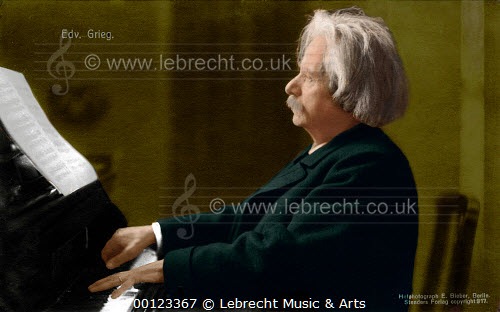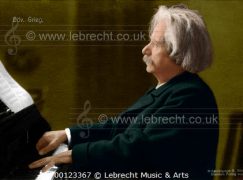Has anyone seen Edvard Grieg?
mainFrom the Lebrecht Album of the Week:
Has anyone lately seen Edvard Grieg? The song of Norway has gone a bit quiet since the record industry stopped pumping out Grieg’s piano concerto as an automatic companion to Schumann’s and the hall of the mountain kings got converted into social housing. These twin peaks and the Peer Gynt incidental music aside, there’s not much Grieg left to perform and what there is has fallen out of fashion. It’s been all Norvège nul points the last few years…..
More here.







Comments